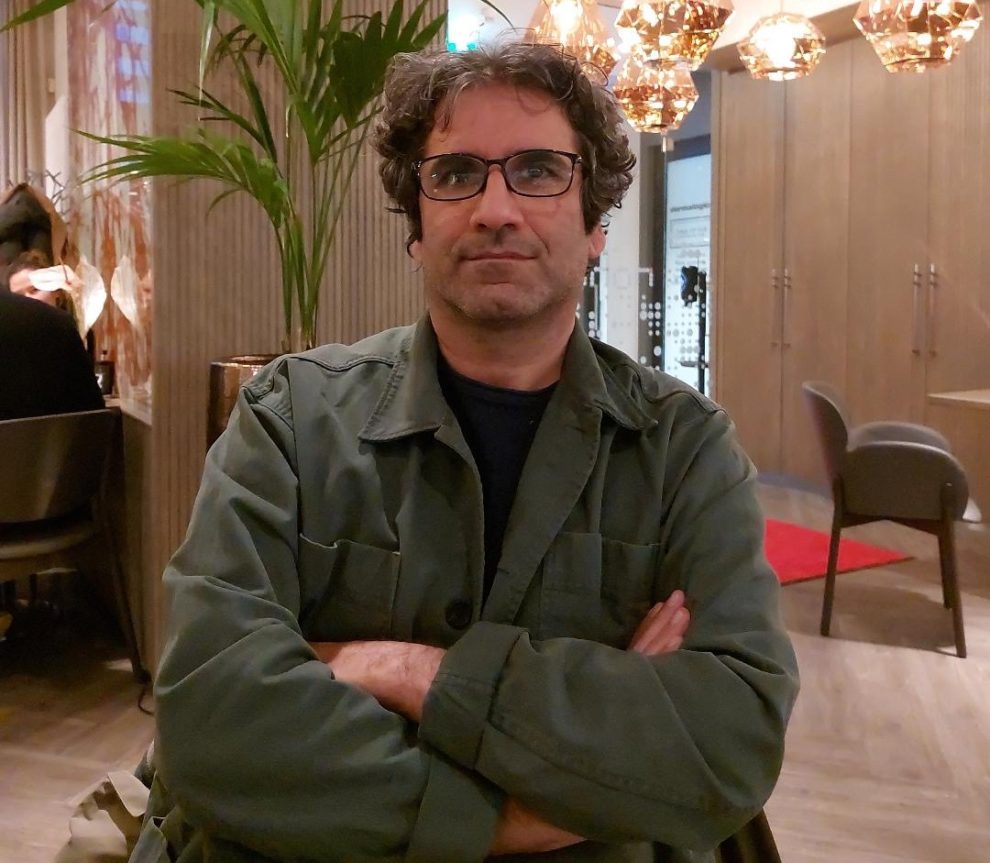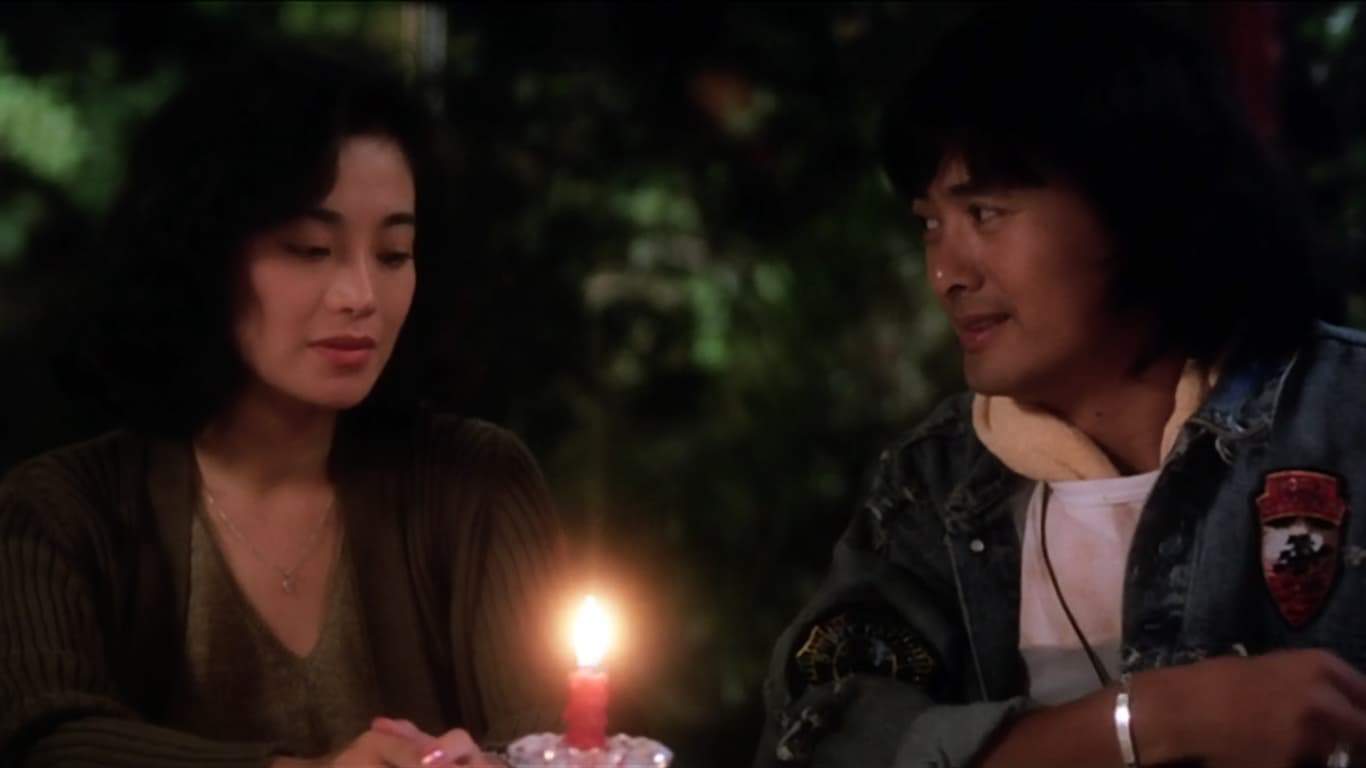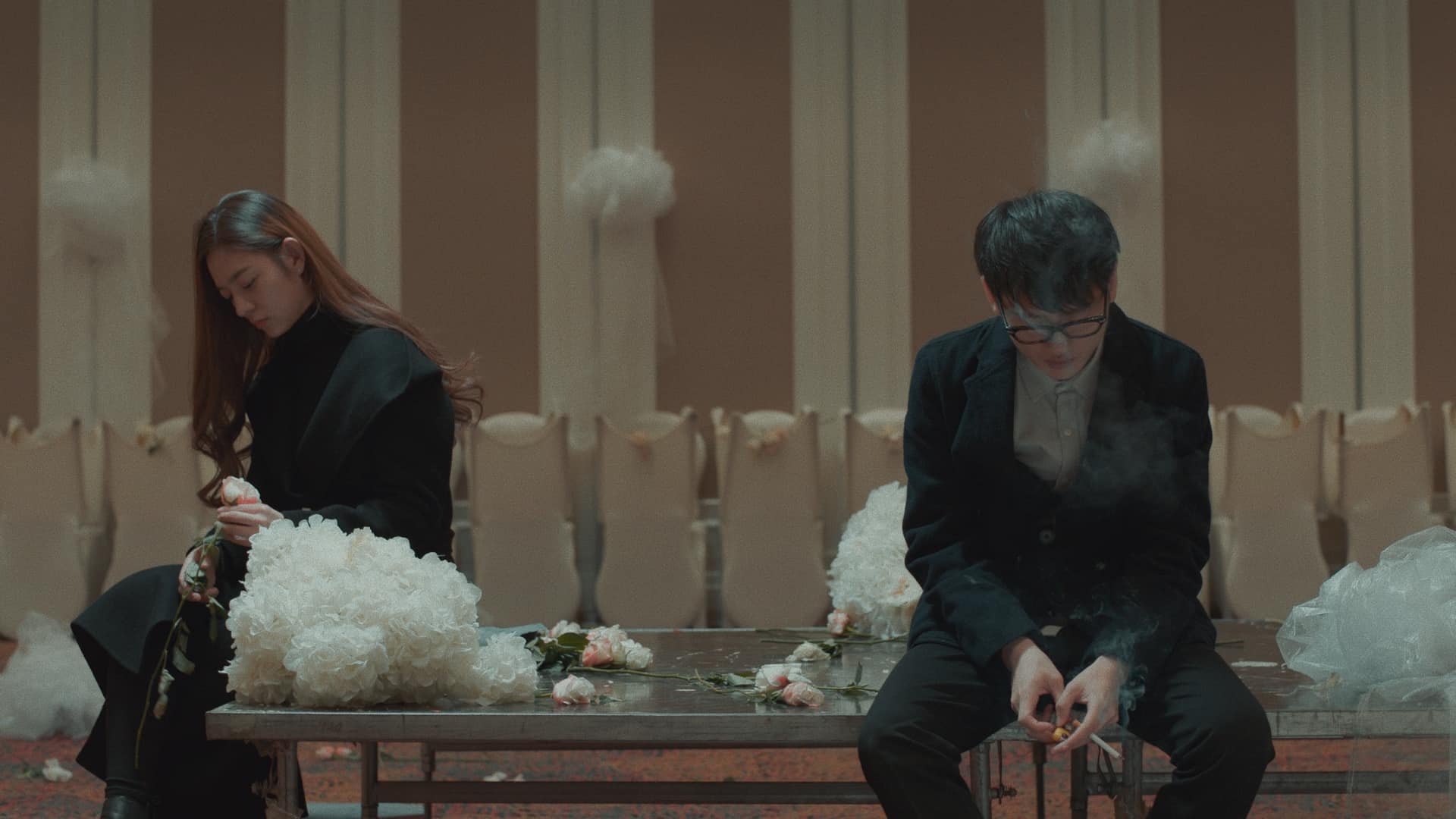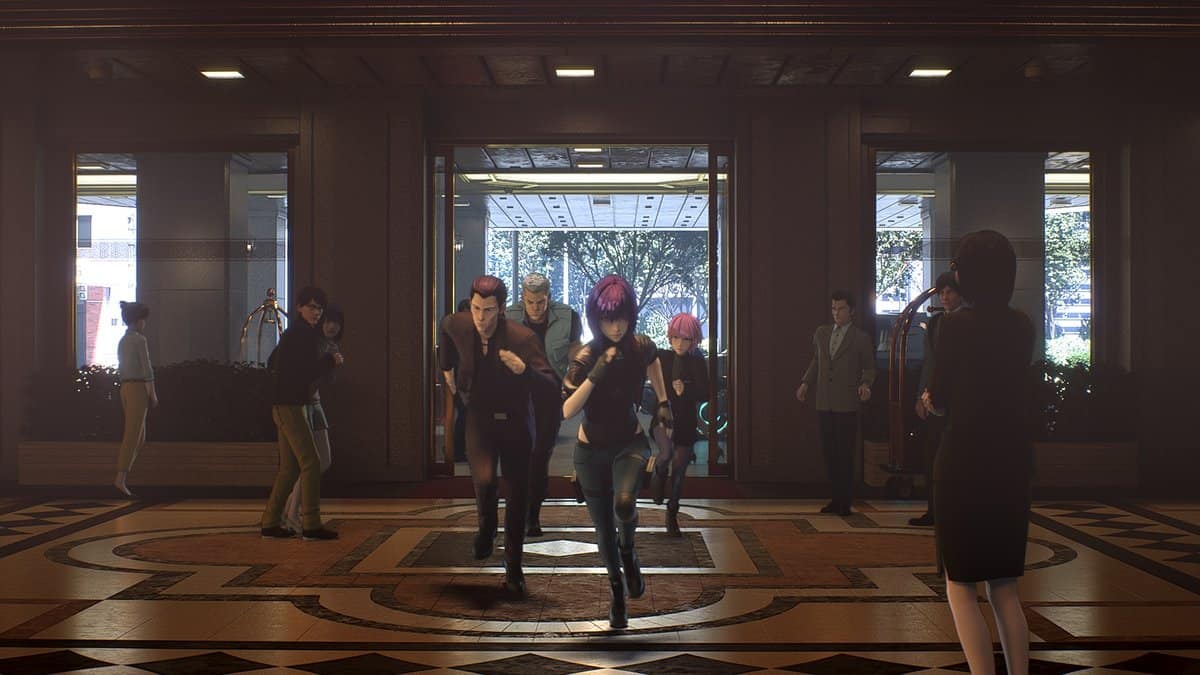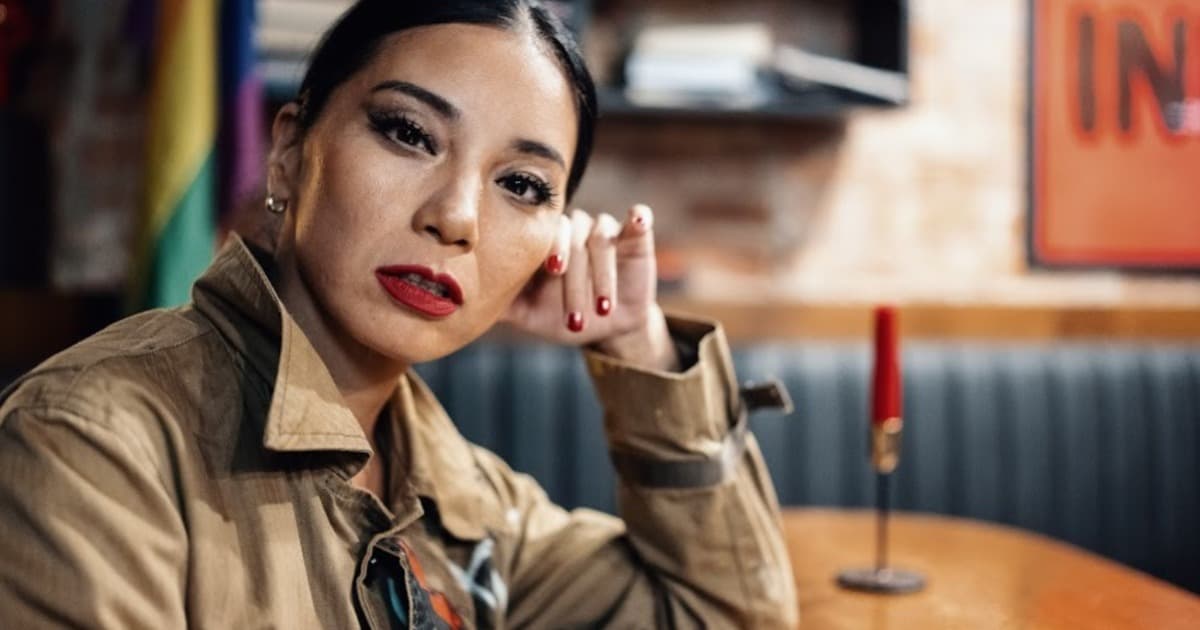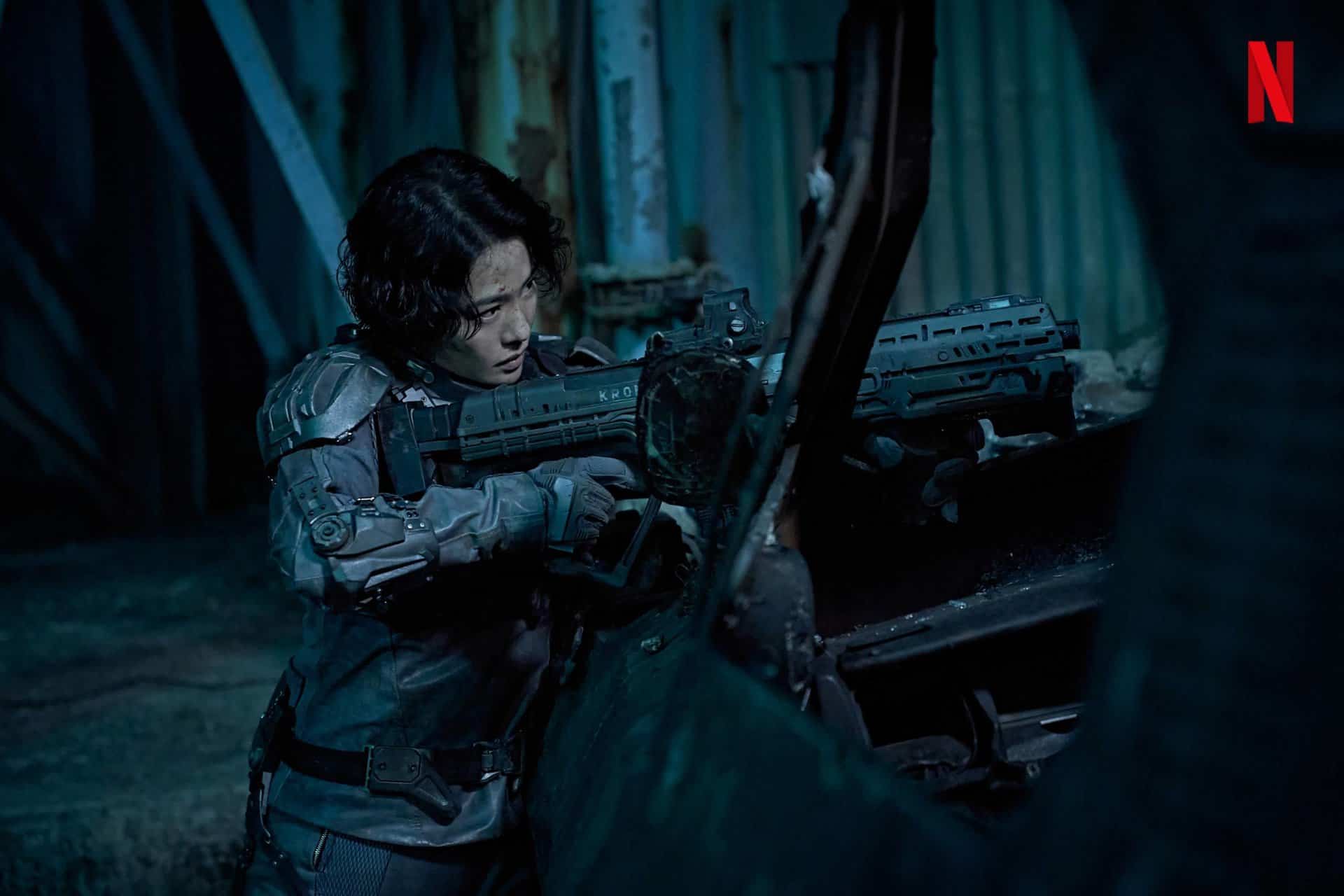Ahmad Bahrami's sinister drama “The Wastetown” about one woman's quest to find her child, brought him deservingly the Best Director Award at this year's edition of Tallinn Black Nights Film Festival. In this second part of his trilogy whose every chapter is dedicated to one individual fighting to end their plights, Bahrami leans on one part of his first tale told in “The Wasteland”, his tripple Venice winner in 2020 where it bagged Best Film in the Horizons Competition, the Fipresci- and Lavoro Ambiente Award, before it went to conquer other international festivals and win some more. It is a clever, small thing that bridges both films without making them dependent on each other. This is why one of the key characters from “The Wasteland” resurrects in “The Wastetown”, not quite as the same person, but equally troubled and outcasted. More details about it are in the interview that follows…
In the devastatingly beautiful “The Wastetown” two people whose destinies are ruined are trying to find a solution to their suffering, but only one – being a woman and temporarily released from prison, has no control over her own life whatsoever.
What AMP wanted to know from Bahrani is how he sketches his characters with such brutal honesty, but without pathos and manipulative means such as sentimental music scores, downpours and overloaded dialogues. We met in Tallinn, right after the world premiere of his film which screened as last in the Official Selection Competition, proving the hypothesis about films shown late into the festival as “fillers, with no chance of win” as completely wrong.
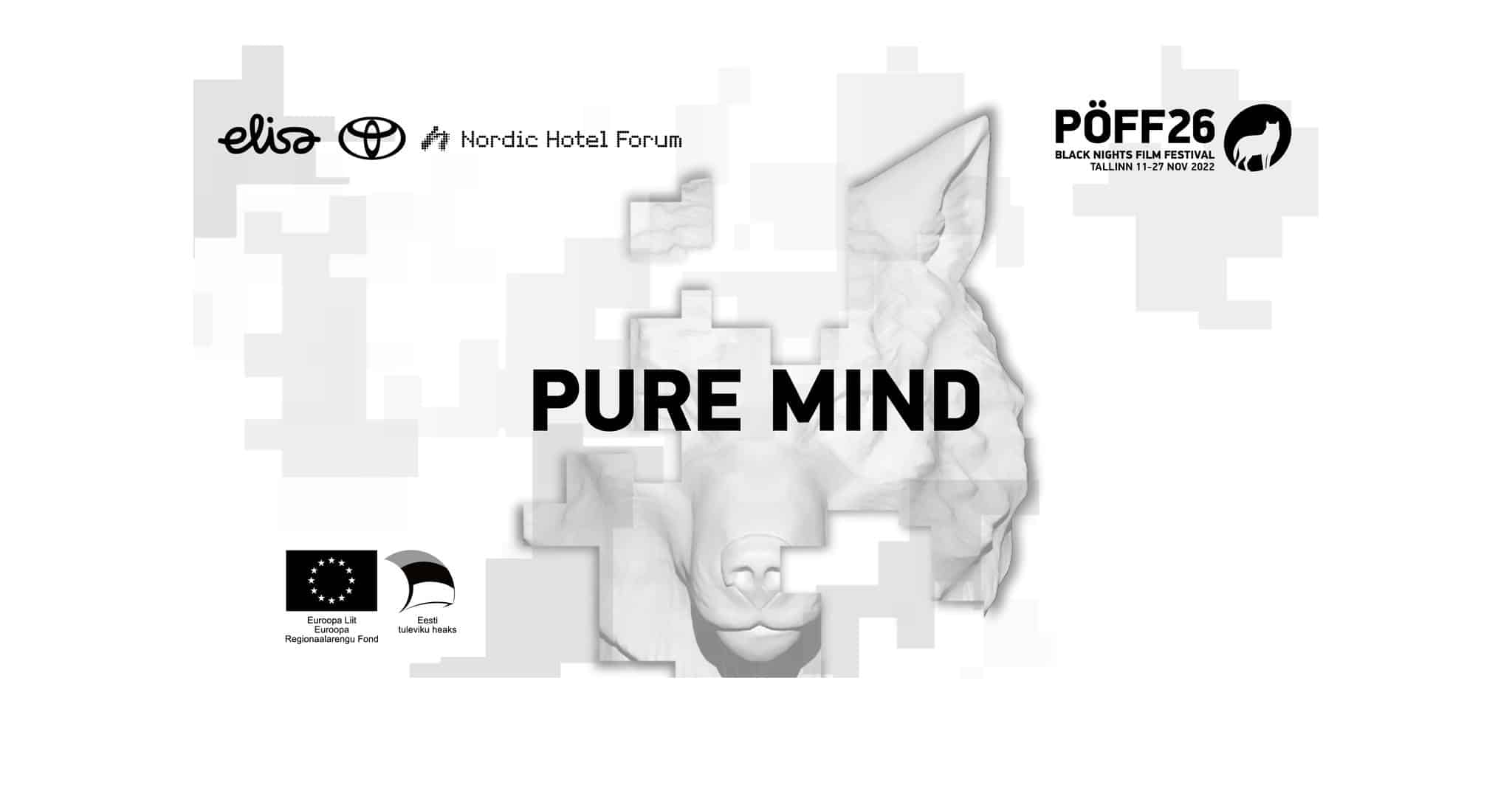
I guess that the most unoriginal question is asking you about the word “waste” connecting your two last films, but it has to be done.
When I decided to make this movie, and I was actually thinking about the trilogy from the very start, I wanted to give all three parts something in common, and connect them. In Persian language, the word “waste” means “darkness”, and I wanted to show this darkness in all three movies, which is why I used the word ‘waste' translatable to English.
Is that also a reason why you and your cinematographer Masoud Amini Tirani opted for the black & white photography since the first movie?
The answer is yes, because I did not only want those three parts to have a similarity in the title, but I also wanted them to have a similar structure, visual effects and even cinematography.
I've noticed that some of the actors from the “The Wasteland” are re-appearing in “The Wastetown”, notably Ali Bagheri – one of the two actors who are holding the story together. I guess he will also become the part of the third installment.
He is one of the best actors in Iran, both in theatre and in cinema. He can understand very well what I need, and he can implement it when acting. He has very natural and ‘under the skin' type of acting skills that simply work in front of the camera. Another reason that I used the same actor for “The Wastetown” was that so many people asked if the protagonist of the 1st film died at the end, what happened to him and what was his destiny. Choosing him for this film as well feels like watching him from another angle. Because of that, he will be present in my next movie as well.
The setting is amazing, with a car graveyard as an actual stage of the film. It is also a place that like no other can offer such a brutal form of suicide that ends your movie.
At first when the idea for this trilogy came to my mind, I was thinking about how the humans can exit this circle of suffering, and how somehow even the committment to suicide can offer release from the repeated brutality and ache. In fact, death is not the punishment for the lead character of my movie. It is actually a much better destiny than what her life has to offer, and I guess it's less painfull for them both to end as they do than to continue living the same agony.
For Bemani, it's leaving the real prison and entering the other, metaphorical one.
It is not only up to her how to choose her destiny, it's also up to the society, and the community she lives in that guides her towards such destiny. I believe that artists and filmmakers have a kind of prophecy, and they can feel the pressure women have been suffering during this long period of 50 years. I know that I could feel it, and could be connected to it. But, it is just the first layer. The patriarchy and machismo unfortunately dominate so many parts of the world, and our brave women in Iran are fighting for their rights right now, and they are calling for a change. That change is long due.
Speaking of which, it is quite intriguing how you built Baran Kowsari's character. It is a very strong, expressive physical performance.
So, when I started making the concept for the trilogy, I had clear ideas what I wanted to do. In “The Wasteland” the main male character is fighting for his rights, for “The Wastetown” I wanted a strong female character to fight for the rights taken away from her. When I watched the women around me, and I was reading their stories, I was thinking that even though my main character is a strong woman, she is in the system that suppresses and oppresses her. I wanted to show that. So many stories like that happen on daily basis, and they even get published in the newspapers. They need to be out, seen and listened to.
I must underline that my film is not giving any solutions, and I am not advising anyone to take their lives. I wouldn't like my audience to generalize anything despite of what is going on in Iran. I want my audience to pay attention to the story and to think about just to which extent women get oppressed in the 21 century. It doesn't happen in Iran only.
I wanted to compliment the film composer Foad Ghahremani who created a fantastic score, descreet, beautiful, meek. He is a genius of his trade.
He is a very young man who worked with me on my previous movie, and he will compose the score for the final chapter of trilogy as well. We have a mutual understanding for the relationship between motion pictures and music, and similar taste in films.
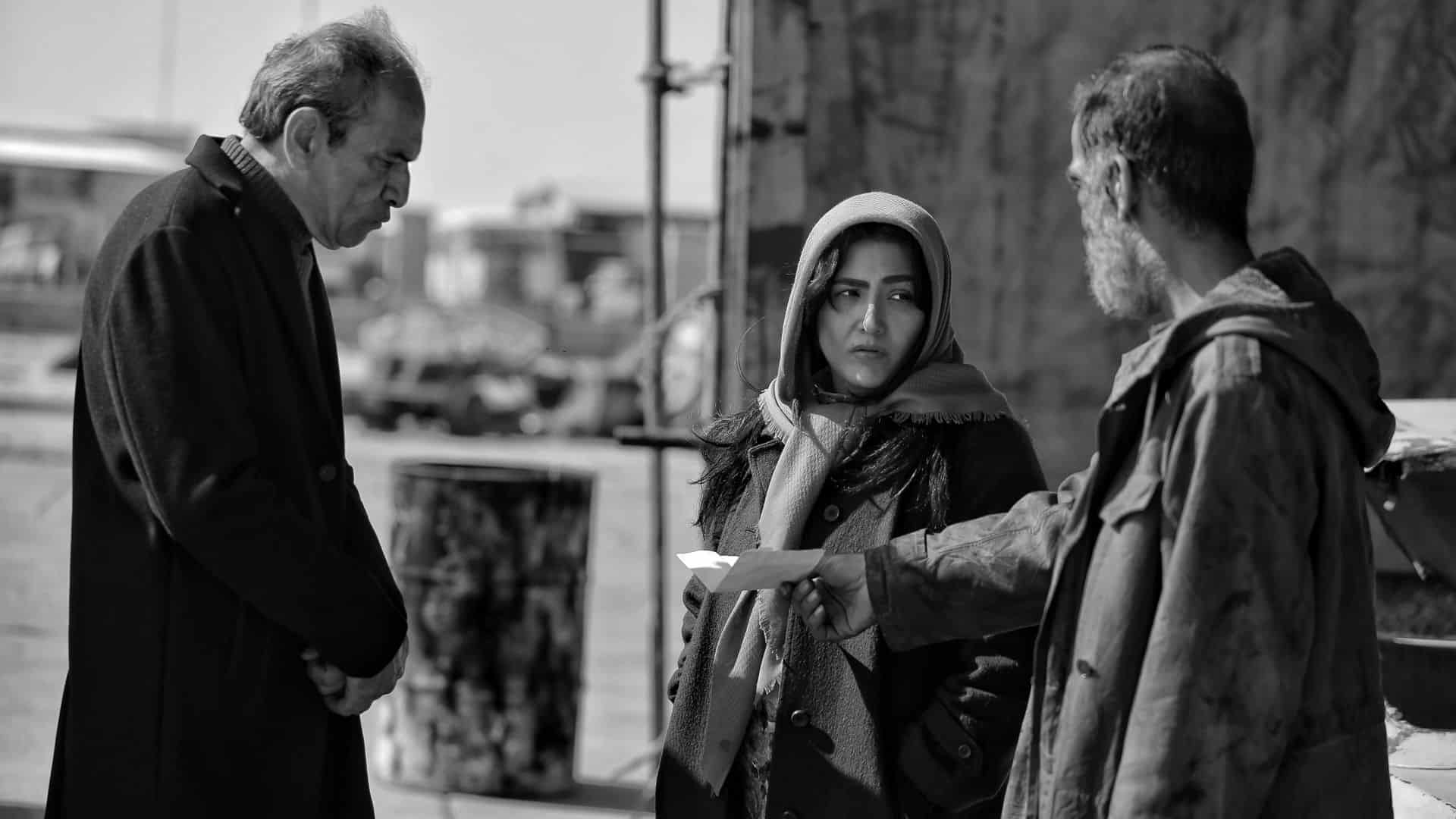
I guess that you are already working on the final part of your trilogy. Can you give us a couple of spoilers?
It's about the life of a lonely man who lives on the countryside. For some reason, everybody else has abandoned the village. We are going to make a film about one week of his life – from Monday to Monday to see what's happening, and how his routine looks like, but also what happens in the end. I personally still don't know if he will be alive at the end of the story.
Will it be called “The Wasteman” then?
(Laughs)


